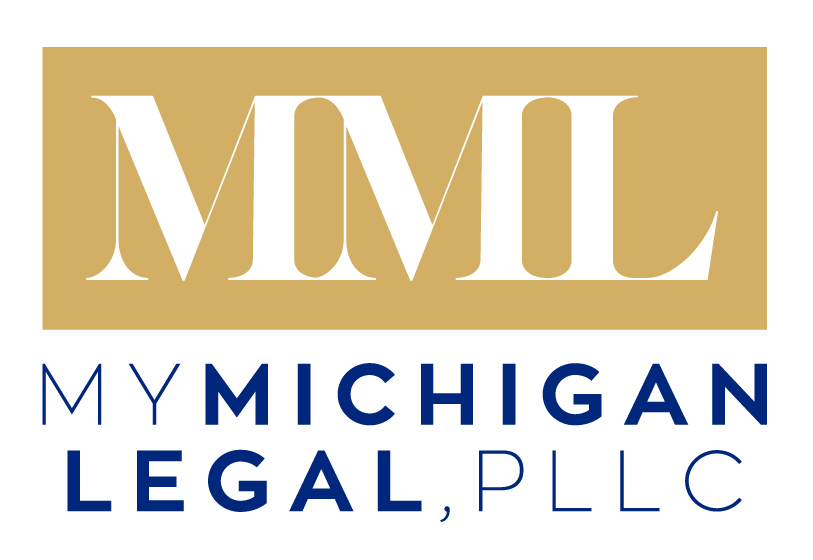DRUG CRIMES
WHAT ARE DRUG CRIMES?
Drug crimes in the state of Michigan involves the possession, sale, transportation, and manufacture of illegal drugs. Illegal drugs are known as controlled substances because they are controlled by law as set by the state and federal governments. The category that a drug is in and the amount of that drug alleged to have been possessed or used in some way are important factors in determining the type and level of drug crime that you can face.
Michigan police and prosecutors have devoted incredible resources towards the investigation and prosecution of drug crimes. If you are facing a drug crime accusation, then it is important to know that police, prosecutors, and judges do not take these cases lightly. These people are not your friends and speaking to anyone before speaking to an attorney can have disastrous consequences.
Common examples of drug crimes include the possession, manufacture, or distribution of:
- Cocaine/Crack
- Heroin
- Fentanyl
- Ecstasy/MDMA
- Methamphetamine
- Prescription Drugs such as Oxycodone or Xanax
- LSD or other hallucinogens
- Ketamine
Other Michigan drug crimes include:
Maintaining a Drug House
Maintaining or Operating a Drug Laboratory
Possession or Distribution of Imitation or Counterfeit Substances
If you are being investigated or have been charged with any Michigan drug crime, then it is crucial that you seek the advice of an experienced criminal defense attorney as soon as possible.
WHAT HAPPENS WHEN SOMEONE IS CONVICTED OF A DRUG CRIME?
Jail/Prison: A drug crime conviction can result in either jail or prison time, depending on the charges and circumstances alleged. A conviction for simple possession of cocaine can result in up to four years in prison, while a conviction for possession of one kilogram or more of cocaine can result in up to a life sentence. A conviction for possession with intent to deliver less than 50 grams of cocaine can result in up to 20 years in prison. Drug crime convictions give judges a wide range of sentencing options.
Probation: Probation is an alternative to jail, and sometimes an additional sentence that comes with a drug trafficking conviction. While on probation for drug trafficking, an offender will have to follow strict guidelines and rules, such as staying alcohol or drug free. He or she will be assigned a probation agent who will monitor them and make sure they are in full compliance with the terms of their probation. Any violations of probation can result in lengthy jail or prison sentences.
Restitution: You can be ordered by the court to pay the victim of a drug crime money for medical treatment, property loss and damage, as well as counseling and other related costs. A failure to pay ordered restitution can be considered a violation that can result in jail time.
Fines: Fines for drug crimes are incredibly high. A fine for the simple possession of less than 50 grams of cocaine can result in a fine of up to $25,000 while possession of a kilogram or more can result in a fine of up to $1,000,000.
Other: A drug crime conviction can hurt you in other ways such as losing your job, being unable to get a job, and the possible suspension and/or revocation of any professional licenses you may have. If you are a professional such as a doctor, lawyer, or anyone that needs a state license to practice, then a drug crime charge puts your license at risk.
LEGAL DEFENSES TO DRUG CRIMES
For a prosecutor to secure a conviction against someone for drug crime, they have to prove a number of legal elements. Some of these elements include actual or constructive possession, and a criminal intent. When determining the best legal defenses against an alleged drug crime, it is important to answer several questions. Some of these questions include:
Did the police violate your Constitutional rights in obtaining evidence against you?
Did the officers have probable cause and a valid warrant?
Were you in the wrong place at the wrong time?
Were you threatened or coerced into participating in a drug crime?
Were you even there?
Do you have a good alibi?
Did the government entrap you into a drug crime?
Major defenses relating to drug crimes often involve Constitutional violations. If the government violated your Constitutional rights, then you can bring those claims before a judge to potentially have the evidence and your case thrown out. An experienced criminal defense attorney will use the answers to these and other questions to help you determine your best potential legal defenses.
THE MY MICHIGAN LEGAL DIFFERENCE
To be convicted of a drug crime, the prosecutor must show that you were involved in the illegal possession, manufacture, or distribution of a controlled substance. Has there been a mistake? Were you even involved? What is the other side of this story? To present your best defense, these are just some of the questions you will have to answer. At My Michigan Legal, we pride ourselves on not limiting your defense to simply trying to explain the prosecutor’s version of events. We defend cases by going on offense, by advancing your version of events backed up by our in-depth investigations and sound legal research.
WHAT IF I HAVE MORE QUESTIONS?
If you or someone you love is facing a drug charge, then you will likely have a number of questions. Finding a website like this one can be a great resource, but it is not a substitute for the advice of an experienced criminal defense attorney. If you have questions about your situation, then contact us at My Michigan Legal today.


